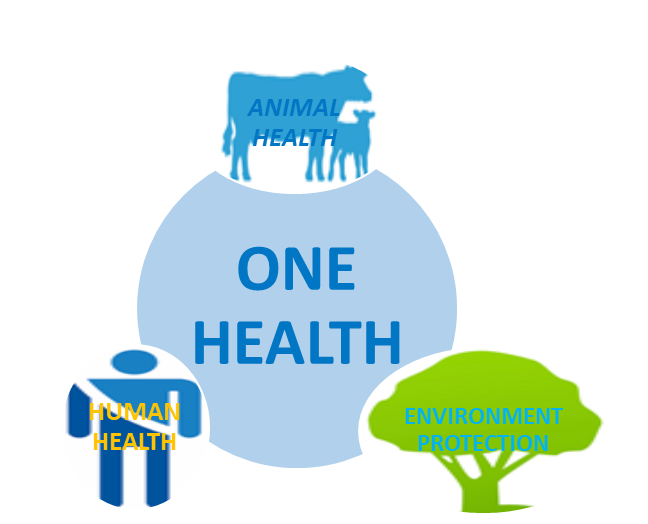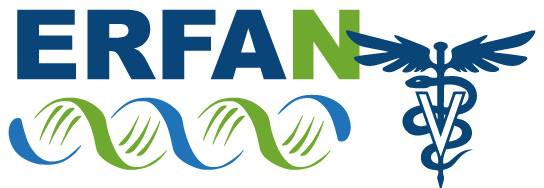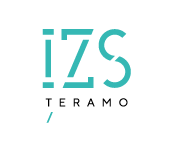The scientific cooperation between Africa and Italy leads the ERFAN multilateral initiatives in veterinary public health and food security.
The strengthening of the partnership between the ERFAN members aims to build mutual trust strongly correlated to the mutual benefit. The principle of co-development will foster cooperation based on mutual agreement and will allow to extent the scientific capabilities, knowledge and technology to all ERFAN members. Scientific knowledge is a social good and, as such, permits to advance individual wellbeing, ensuring access to equal opportunities for growth.
ERFAN supports the achievement of the Sustainable Development Goals (SDGs), adopted by all United Nations Member States in 2015 as a universal call to action to end poverty, protect the planet and ensure that all people enjoy peace and prosperity by 2030.
Specifically:
- target 1.a: “Ensure significant mobilization of resources from a variety of sources, including through enhanced development cooperation, in order to provide adequate and predictable means for developing countries, in particular least developed countries, to implement programmes and policies to end poverty in all its dimensions“;
- target 2.3: “By 2030, double the agricultural productivity and incomes of small-scale food producers, in particular women, indigenous peoples, family farmers, pastoralists and fishers, including through secure and equal access to land, other productive resources and inputs, knowledge, financial services, markets and opportunities for value addition and non-farm employment“;
- target 3.d: “Strengthen the capacity of all countries, in particular developing countries, for early warning, risk reduction and management of national and global health risks“;
- 17.6: “Enhance North-South, South-South and triangular regional and international cooperation on and access to science, technology and innovation and enhance knowledge sharing on mutually agreed terms”;
- target 17.16: “Enhance the global partnership for sustainable development, complemented by multi-stakeholder partnerships that mobilize and share knowledge, expertise, technology and financial resources, to support the achievement of the sustainable development goals in all countries, in particular developing countries”;

A multidisciplinary approach is adopted in order to implement integrated and coherent research activities with mutually self-supporting themes to which the members Institutions are fully committed. ERFAN embraces the “One Health approach”: a multidisciplinary and multisector collaboration helps us to better understand the connections and interactions between human, veterinary, farming strategies and climate change, and to promote an effective common response to global challenges.
The success of the Network depends on the ability to ensure constant and regular communication, the dissemination of information on a large scale and the involvement of all stakeholders. ERFAN implements activities based around knowledge pooling, skills and facilities sharing, equipment and datasets, student and expert exchanges, development of programmes of joint research, co-publication of scientific works.
ERFAN operates on three pillars:
Improving diagnostic capacities through networking activities
ERFAN emphasizes networking activities for maximizing efforts to achieve sustainable levels of growth. ERFAN is an inclusive community of scientists and public health experts addressing mutual challenges related to global health, food safety and environment. ERFAN provides a system of sharing information, research proposals, technologies and services between individuals and groups of researchers for a common growth. ERFAN encourages regularly inter laboratory test comparisons between the laboratories to verify their ability to deliver accurate testing results.
Capacity building through training and technology transfer
ERFAN supports training activities on Equipment Calibration, Validation of Standard Procedures, Reference materials, production and certification, Ring trials organisation, Biological Bank Organisation, Biosafety procedures. Following specific requests from African partners, the training may also cover innovative and self-sustainable diagnostic methods. All training activities are carried out using, in most cases, local knowledge and expertise. The ERFAN approach, named “Widespread Laboratory”, allows the African colleagues, in the case of “latest generation” diagnostic methods, to use structures, reagents, staff and equipment, free of charge, wherever they are available.
Capacity building through research programs
ERFAN supports collaborative quality research programs. Collaborative and interdisciplinary research approaches enhance both the use of research and increase the amount of research relevant to end users.



